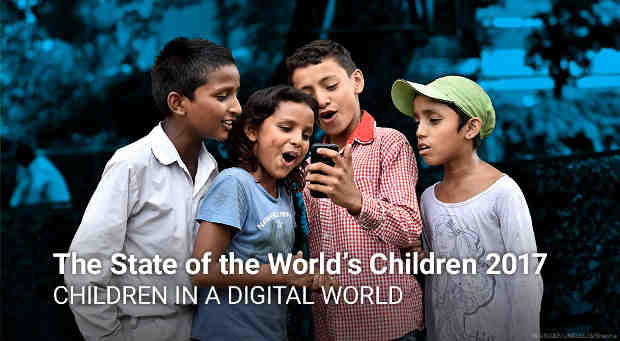How to Protect Children and Their Digital Footprint
More than 175,000 children go online for the first time every day – a new child every half second – UNICEF said Tuesday.
Digital access exposes these children to a wealth of benefits and opportunities, but also to a host of risks and harms, including access to harmful content, sexual exploitation and abuse, cyberbullying, and misuse of their private information, the children’s agency warned.
“Every day, thousands of children are going online for the first time, which opens them up to a flood of dangers we are just coming to appreciate, let alone address,” said Laurence Chandy, UNICEF Director of Data, Research and Policy.
“While governments and the private sector have made some progress in formulating policies and approaches to eliminate the most egregious online risks, more effort must be made to fully understand and protect children’s online lives.”
[ Fault Lines: A Research Report on the Quality of Education in Delhi Schools ] – Download
Worldwide 1 in 3 internet users is a child, and yet – as outlined in The State of the World’s Children 2017: Children in a digital world – too little is done to protect them from the perils of the digital world, to safeguard the trail of information their online activities create, and to increase their access to safe and quality online content.
The report makes clear that the obligation to protect children in the digital world lands on everyone, including governments, families, schools and other institutions.
It notes, however, that the private sector – especially in the technology and telecommunication industries – has a significant and unique responsibility to shape the impact of digital technology on children – a responsibility that has not been taken seriously enough.
The power and influence of the private sector should be leveraged to advance industry-wide ethical standards on data and privacy, as well as other practices that benefit and protect children online.
UNICEF is calling for renewed urgency and cooperation among governments, civil society, United Nations agencies and other international children’s organizations, and, most significantly, the private sector to put children at the center of digital policy.
Photo courtesy: UNICEF













